In recent years, convictions for domestic violence offenses in Maine have increased as state prosecutors rigorously pursue cases.
This has led to harsher penalties for offenders, which makes it even more essential to work on a credible defense if you have been wrongly accused of the offense.
By understanding more about domestic violence, its penalties, the burden of proof for the prosecution, and possible defenses that can be pursued, you can better prepare for what lies ahead.
Call 207-571-8146 or contact us online to schedule a consult with one of our highly skilled criminal defense attorneys today.
Table of Contents
What is considered domestic violence assault in Maine?
A domestic violence assault in Maine is defined as an assault against another individual from the same family or household, i.e., the alleged victim and the alleged perpetrator have a defined relationship.
The two main considerations for this offense are the physical contact (assault) itself and the target of the contact.
Under Maine law, assault is when a person intentionally causes harm to another person or, more specifically, “intentionally, knowingly, or recklessly caus[ing] bodily injury or offensive physical contact to another person.”
The contact does not need to actually cause physical injury to the person. An assault charge can result from grabbing, pushing, shoving or another type of offensive conduct.
Family or household members are defined under Maine law as including:
- Spouses
- Domestic partners (two unmarried adults who live together in a long-term committed relationship)
- People who live together
- Biological parents of a child
- Minor children
- Anyone who is or has been a sexual partner
If the assault element is satisfied AND the complainant meets the definition of being in the same household or same family, charges of domestic violence assault may be filed against the accused.
Is domestic violence a misdemeanor or felony in Maine?
Most cases of domestic violence assault are prosecuted as misdemeanors in Maine. Most commonly, the offense is treated as a Class D misdemeanor. However, even as a misdemeanor, it can still greatly impact the future of anyone found guilty of the offense.
If the offender has a prior conviction for any of the following offenses in the past 10 years, the charge may be upgraded to a Class C felony in Maine:
- A domestic violence charge, including stalking, reckless conduct, assault, or similar
- Violating a protection from abuse order
- Domestic violence misdemeanors or felonies in another state
The associated penalties for felonies are considerably more severe than for misdemeanors.
What are the potential penalties for domestic violence in Maine?
If a person is convicted of a Class D misdemeanor in Maine, the following penalties may apply:
- A maximum sentence of one year in jail
- A maximum fine of $2,000
- Up to two years’ probation
- A requirement to complete a forty-eight-week batterers intervention education program
If a person is convicted of a Class C felony in Maine, the following penalties may apply:
- A maximum sentence of five years in jail
- A maximum fine of $5,000
- Up to two years’ probation
Probation in domestic violence assault cases will generally require strict supervision and regular monitoring, as well as restrictions placed on alcohol consumption and contact with the victim(s).
The longer-term consequences of a criminal record mean that offenders can continue to pay the price for many years after serving their sentence—with employment restrictions, travel restrictions, issues with immigration status, and more.
Call 207-571-8146 or contact us online to schedule a consult with one of our highly skilled criminal defense attorneys today.
What are viable defenses for domestic violence in Maine?
If you face a charge of domestic assault, the potentially serious consequences mean that one of your first calls should be to a criminal defense lawyer. It’s best not to say too much to law enforcement authorities until you have sought legal counsel—invoke your right to remain silent regardless of how wrongful you think the accusations are.
An attorney with experience in defending domestic violence and assault charges will examine the evidence against you carefully. Depending on the findings and circumstances of your case, one of the following defenses may be applied:
No assault or someone else did it
Sometimes, the alleged perpetrator of an assault is wrongly accused. This could be for many reasons, but your lawyer will need to establish a credible alibi (if the victim has indeed been assaulted) or prove that an assault never took place or was carried out by someone else.
If there is a lack of evidence that you were at the scene of the alleged assault or that an assault ever took place, this can be a strong defense.
It was an accident
If there is an admission that the complainant suffered injuries, a viable defense may be that these injuries were caused by an accident rather than intentionally.
To support this, evidence must be provided to support the assertion that an accident caused the injuries. Remember that assault does not have to be intentional to result in a conviction as it is defined as “intentionally, knowingly or recklessly” injuring another person. Therefore, reckless actions that resulted in an accident that caused injury can still be classified as an assault.
Self-defense
Self-defense can be a valid claim if you were in the process of protecting yourself or your children when the alleged assault occurred.
If the police report shows that the complainant used violence or you can show defensive injuries, this can bolster a self-defense claim. If not, other supporting evidence will be required.
Violation of constitutional rights
Your constitutional rights are set in stone in the U.S. and to achieve a conviction, the prosecution must prove that you committed the crime beyond a reasonable doubt.
Often, the police make mistakes during their investigation. If your rights were violated, considerable doubt can be cast on the evidence against you and the case may be dismissed.
Violations of constitutional rights can occur when police gather evidence, interview or interrogate suspects, or if they deny certain requests, like a request to speak to a lawyer.
How well your criminal defense attorney gathers evidence and presents the case for the defense will determine whether you will face the harsh penalties for domestic violence assault or avoid the worst consequences of a conviction.
If you need to defend charges of domestic violence assault in Maine, call The Maine Criminal Defense Group at 207-571-8146 for assistance.
Call 207-571-8146 or contact us online to schedule a consult with one of our highly skilled criminal defense attorneys today.
Blog Posts
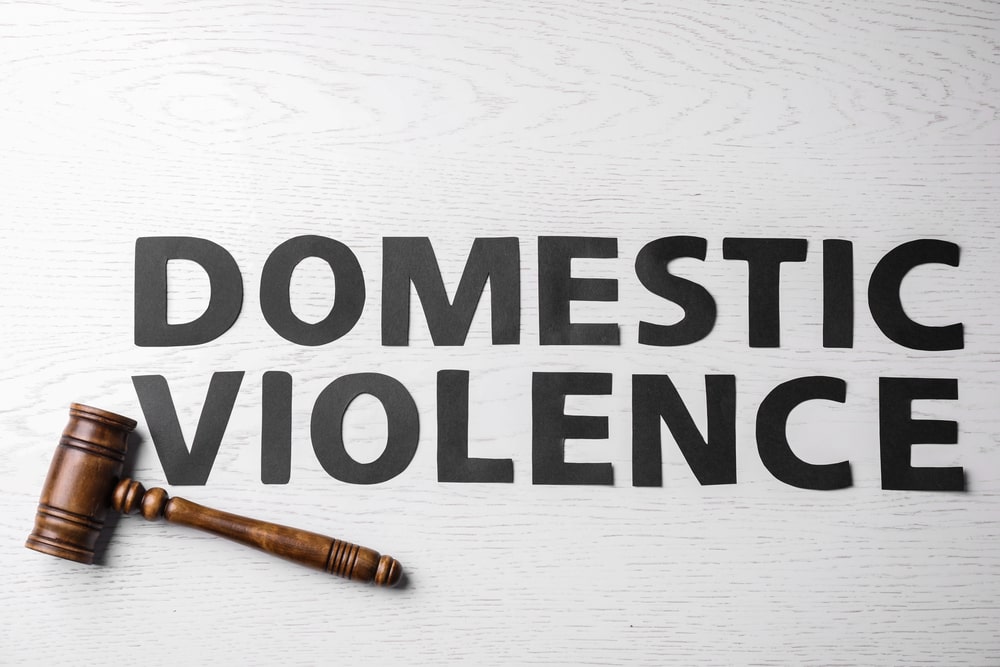
The domestic violence and stalking laws in Maine are currently being updated to address some shortcomings in the previous laws and to add clarity for both victims and accused parties[...]
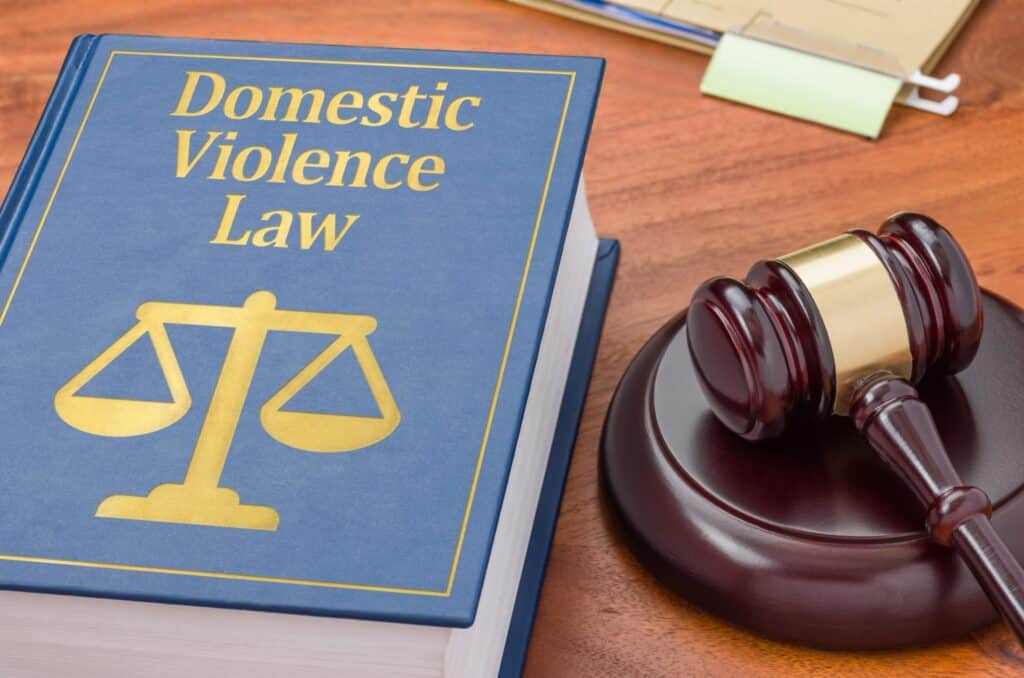
Crimes of domestic violence in the state of Maine can be confusing. This is because crimes of domestic violence are really just other crimes, like assault or battery, when those[...]

A protection from abuse order (PFA) can make it illegal for an individual to contact you or your children in the state of Maine. Filing a PFA is often a[...]
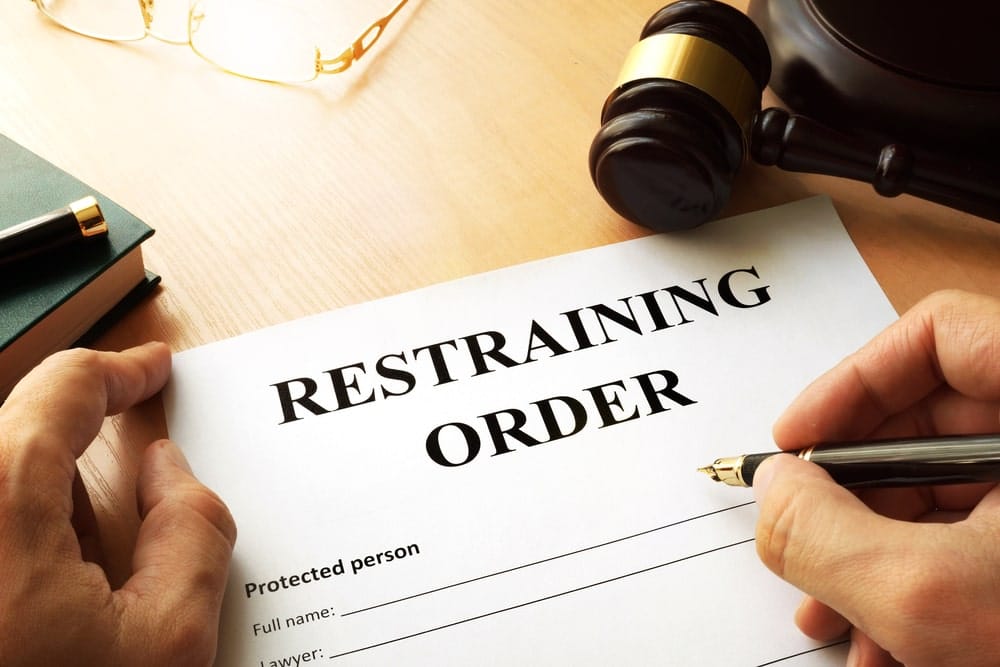
Protection from Abuse Orders (PFAs), such as restraining orders and no-contact orders, are frequently issued by the courts in domestic violence cases in Maine but are often confused. Protective orders[...]
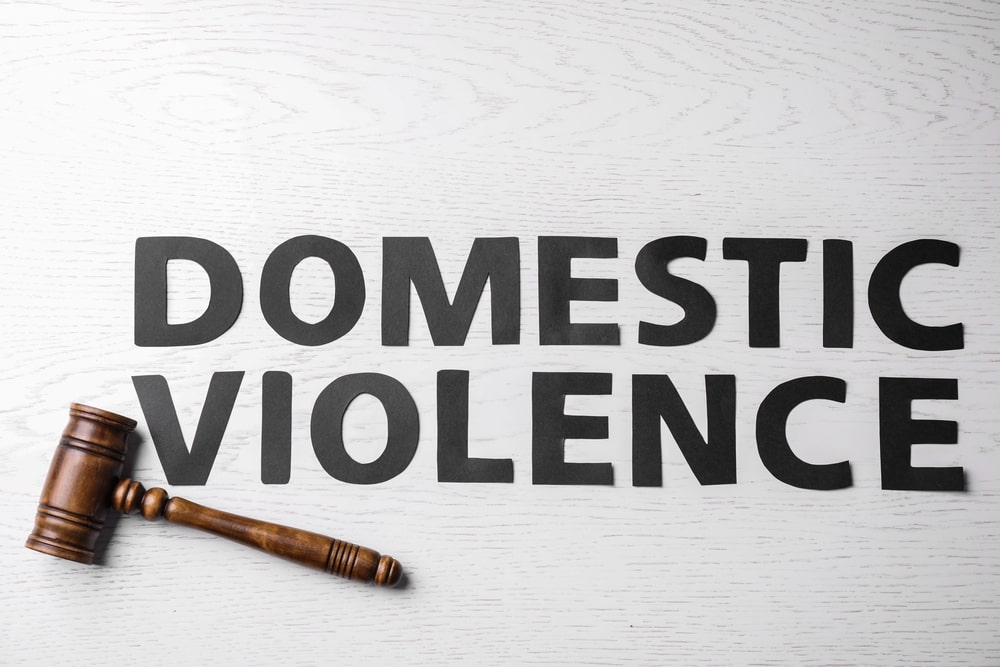
This article was updated May 24, 2024 Oftentimes what I see in these domestic violence situations is that a husband and wife get in a fight. They love each other[...]

Domestic violence cases can be some of the most challenging to deal with for everyone involved. Families with children can be thrown into turmoil with emotions running high. Many people[...]
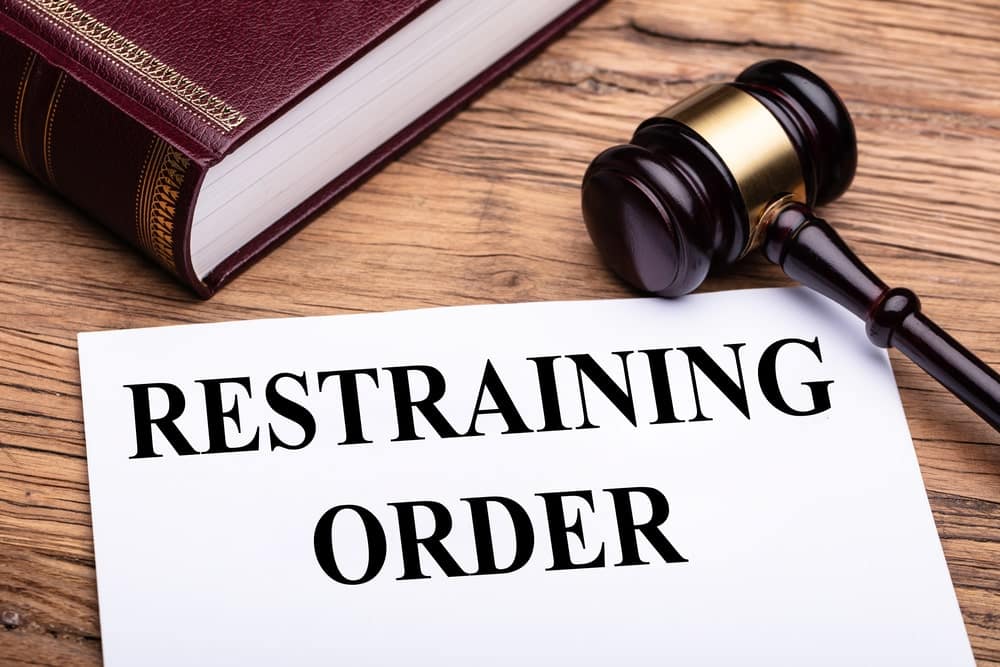
In our previous post, we discussed some of the finer points of protection from abuse orders (PFAs) in the State of Maine. In that article, we focused specifically on protection[...]

If you’ve been charged with assault in Maine, your priority should be to ensure that the charge does not result in a conviction. Assault can be charged as a misdemeanor[...]

Updated: October 20, 2022 Protection orders – also referred to as “restraining orders,” “protection from abuse orders,” or “POs” – are court directives designed to provide a level of safety[...]

In essence, domestic violence refers to any sort of violent behavior (or even non-violent behavior which is still offensive) perpetrated against a family member, household member, dating partner, or sexual[...]


